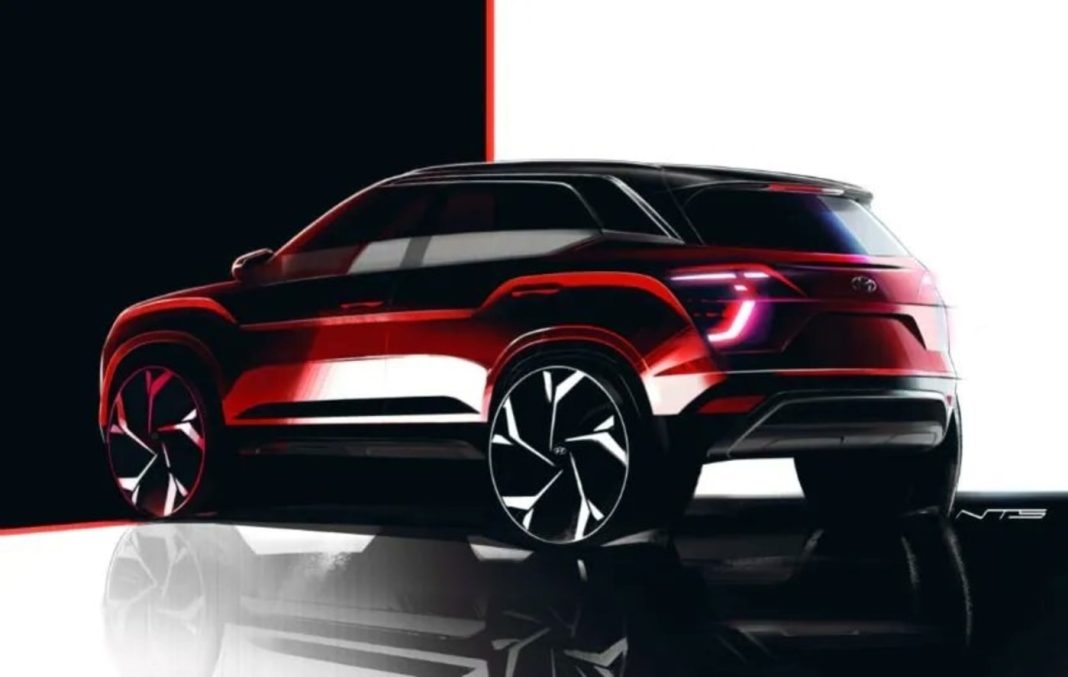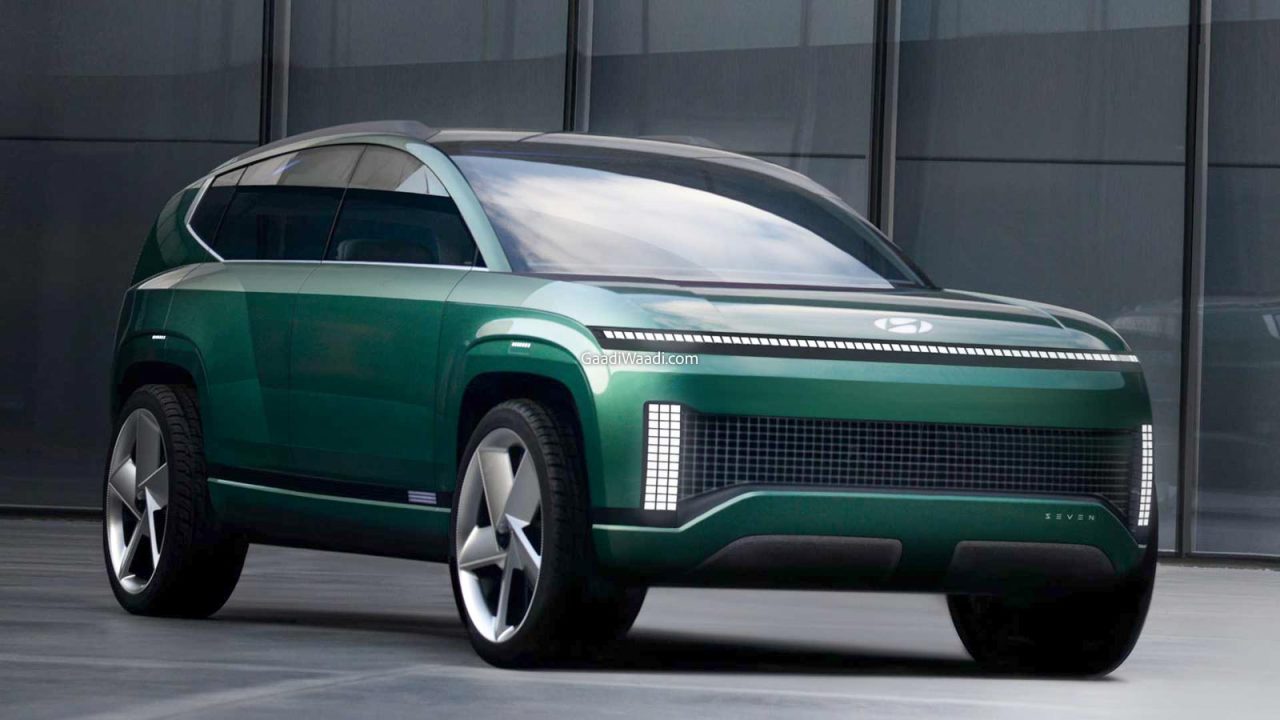
Hyundai electric SUV will likely be based on the same platform as Venue and it could target a driving range close to 350 km on a single charge
Hyundai Motor India Limited (HMIL) introduced the Kona Electric back in 2019 and is looking to make a strong impact in the zero-emission space with a host of new products up its sleeves. The second-largest car producer in the country has announced plans to bring as many as six electric vehicles by 2028 and they cater to different segments and price brackets.
The South Korean auto major will invest around Rs. 4,000 crore as part of expanding its EV portfolio across different body styles. The company will target SUV, sedan and Compact Utility Vehicle segments to strengthen its eco-friendly range. The E-GMP platform made its global debut courtesy of the Hyundai Ioniq 5 and Kia EV6 and it will be utilised for the Indian market too.
Hyundai Motor Group’s E-GMP (Electric Global Modular Platform) is the first dedicated all-electric architecture developed by the brand and it will spawn the Ioniq 5. The skateboard will be localised to some degree but it will happen only eventually. The platform enables flat floor and spacious interior and an ambitious range of new EVs will come out of it globally with a range of up to 800 km.

The Hyundai Ioniq 5 will more likely be launched midway through 2022 via the CBU route before the arrival of the heavily updated Kona Electric that will hit local assembly lines. A mass-market electric vehicle will follow before the closure of 2024 and it will be constructed on an existing ICE architecture suggesting that it could be based on the Venue.
Hyundai may target a price range between Rs. 10 lakh and Rs. 15 lakh (ex-showroom) but it depends on many external factors and thus basing it on the Creta midsize SUV may drive up the costs further. Thus, the company could follow the same route as Tata Motors and bring an electrified SUV to compete against the Nexon EV – the country’s best-selling passenger electric vehicle right now.
While Hyundai has not confirmed that the mass-market EV will be based on an SUV, the probabilities are certainly high considering the popularity of the body type. It is expected to have a driving range of around 350 km on a single charge and Hyundai is also planning to expand the charging network to cater to the needs of customers.
